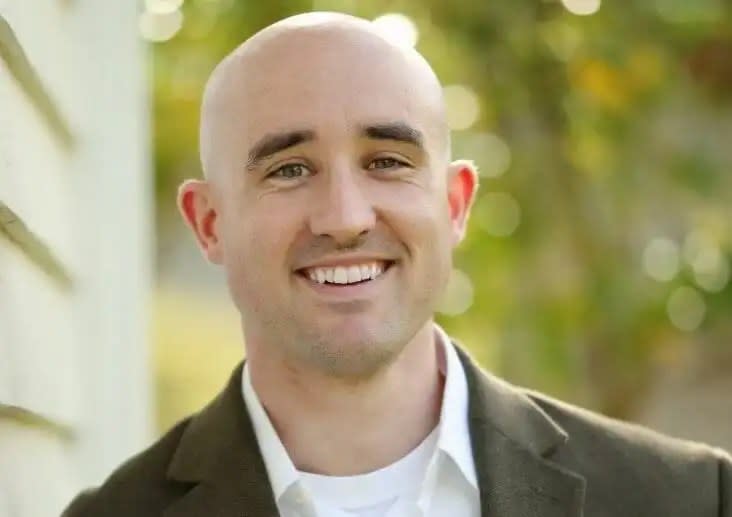Jan. 3—A Santa Fe man has filed a lawsuit against the city after it denied his request to see emergency management plans for flooding and fire in the Upper Canyon Road neighborhood.
Richard Ellenberg alleges in his lawsuit his request was denied because the city believes the information could put it at risk for terrorism, adding officials unlawfully cited an exception to the state Inspection of Public Records Act for sensitive information.
Under the law, government agencies are exempt from releasing tactical response plans “which could reveal specific vulnerabilities, risk assessments or tactical emergency security procedures that could be used to facilitate the planning or execution of a terrorist attack.”
Ellenberg, who lives in the Upper Canyon Road neighborhood and is an officer in the Canyon Neighborhood Association, submitted a detailed records request in May asking for the city’s policies and procedures for flood control, wildfire risk and other natural disaster management.
He said he was driven to make the request due to concerns over how his neighborhood, which is downstream of the city’s two reservoirs, could be at risk of flood when they are near or at capacity.
Records custodians provided him with some of the documents he requested in August but cited the IPRA terrorism exception for withholding others, according to the complaint.
In an interview, Ellenberg said he doesn’t understand how that exemption applies to his request.
“If they’ve got plans for someone launching missiles at the dam, I don’t need to know that,” he said. “I just want to know about natural disasters.”
The complaint asks the judge to require the city to provide him with the documents and argues its interpretation of the exception is overly broad.
“Informing home and store owners in the Santa Fe River Canyon about what they should do in case of flooding and fires and what the City is doing to prevent floods and fires is obviously a matter of the utmost public concern, and all or most of the information in these plans will be of no aid to any would-be terrorist,” the complaint said.
Ellenberg said part of his desire to know about the plans is based on what he views as conflict of interest in the city’s water management — between the responsibility to store as much water as possible in the McClure and Nichols reservoirs and the responsibility to protect people downstream from flooding.
His request also asked about fire evacuation plans, which he said the neighborhood has been unsuccessfully trying to obtain for a number of years.
“Part of emergency planning is you let everyone know what the plan is,” Ellenberg said. “Keeping all those plans secret doesn’t seem to advance that end. For all we know, they don’t have plans.”
Ellenberg met with Mayor Alan Webber and a senior assistant city attorney to discuss his concerns, and said Webber appeared to be understanding. But after no progress was made on getting him the information, he decided to file the lawsuit.
City Attorney Erin McSherry said the request could endanger the city’s water supply if all the documents had been released in full.
“Do you want your water to be safe? Or to be full of toxins?” she asked rhetorically.
Members of McSherry’s staff as well as employees from the public utilities department reviewed the documents in question, she said.
“I wasn’t part of the redaction process, but this was a very careful review as to which parts would put the city at risk,” she said.
She noted Ellenberg had filed a similar request in 2020 and been provided with documents in that case as well.
Ellenberg said the documents he received were “not at all responsive to the question.”
Records requests that would put the city at risk are not common, McSherry said. She said city staff members cannot articulate in detail why it would be unsafe to release the relevant documents without giving away too much information, adding the city likely will ask the judge for an in-camera review, a procedure in which a judge reviews sensitive documents to determine whether they should be made public.
Melanie Majors, executive director of the New Mexico Foundation for Open Government, said after reviewing the lawsuit she did not believe the city was justified in withholding the information.
“It’s clear the exception the city cited doesn’t apply to these documents,” she said.
Majors said she did not know if municipalities using this exemption to withhold public records is a frequent occurrence but noted a lack of compliance with open records laws is widespread in New Mexico.
“If the city wants to be transparent and accountable, they should release these documents,” Majors said.
Signup bonus from





